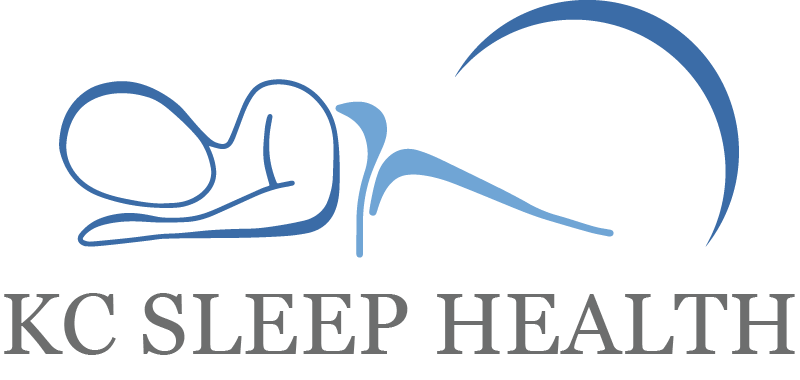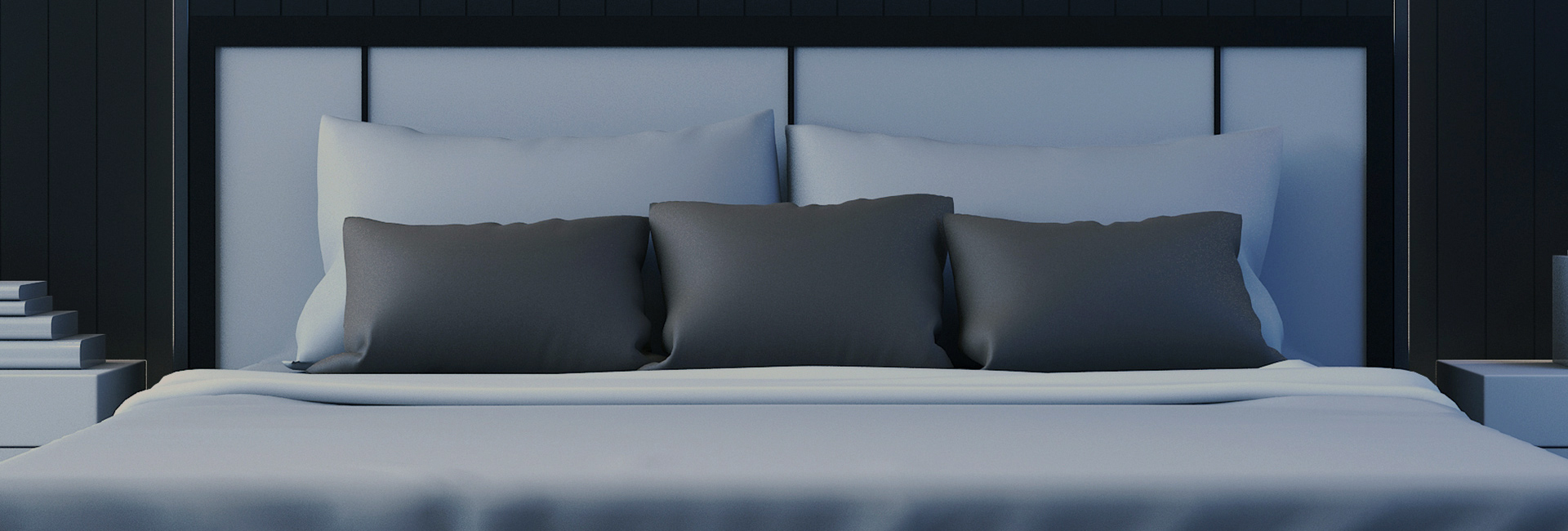07 Jun Everything You Need To Know About Sleep Apnea
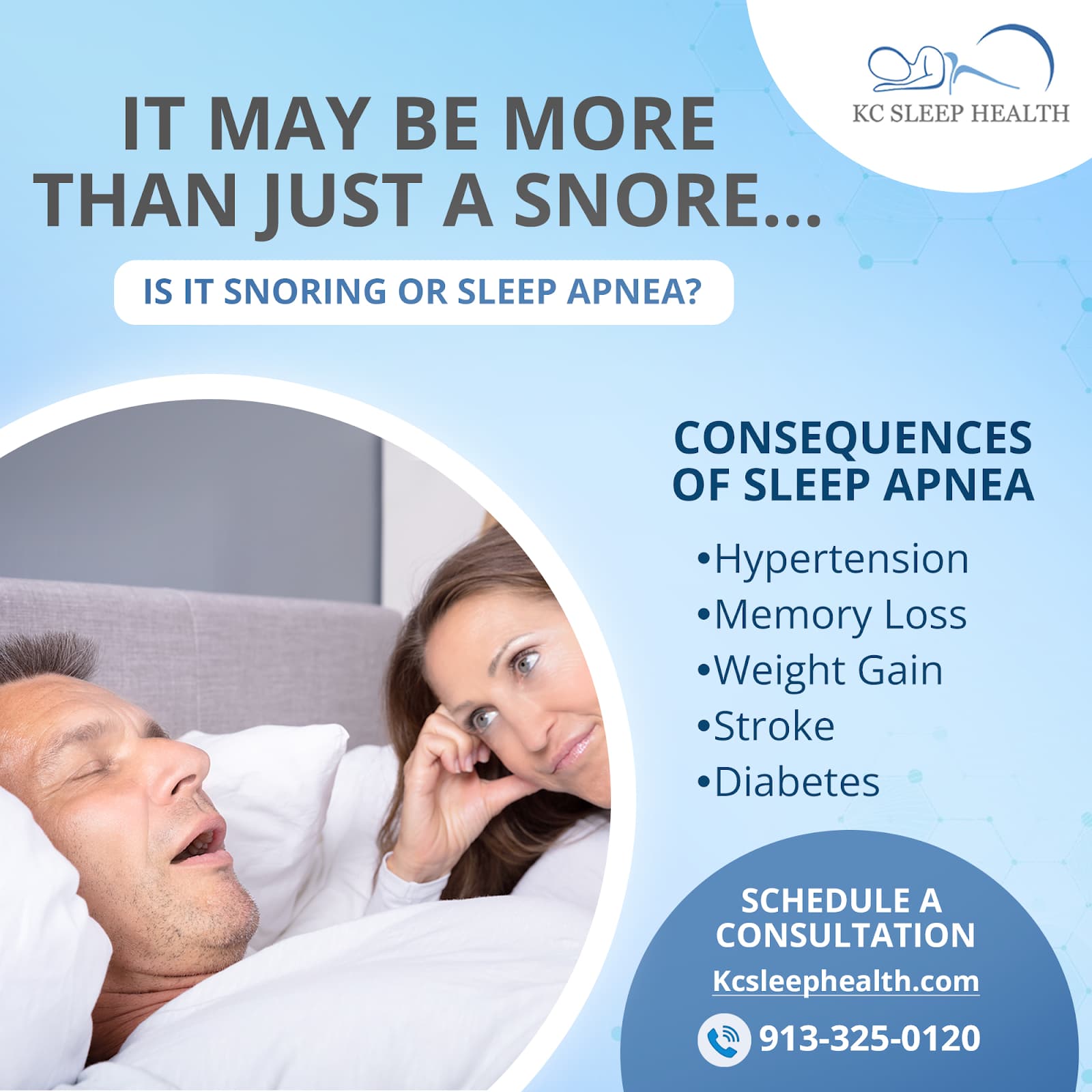 Sleep apnea is a prevalent sleep disorder affecting millions of individuals worldwide. It is characterized by interruptions in breathing or shallow breaths during sleep, leading to fragmented sleep and potential health risks.
Sleep apnea is a prevalent sleep disorder affecting millions of individuals worldwide. It is characterized by interruptions in breathing or shallow breaths during sleep, leading to fragmented sleep and potential health risks.
At KC Sleep Health, we are dedicated to providing comprehensive knowledge about sleep apnea, including its symptoms, the different types of snorers, and the significance of seeking evaluation and treatment options, regardless of symptom severity.
KC Sleep Health is a leading dental sleep medicine clinic located in Kansas City Dr. Drake and his team work closely with many sleep physicians so that patients have different treatment options available. We are known for our expertise in understanding and treating many cases of obstructive sleep apnea. Our clinic is led by Dr. Drake, DDS. Dr. Drake is a Diplomate of the American Academy of Dental Sleep Medicine. With his specialized training and extensive experience, we are able to offer personalized care to individuals seeking relief from several sleep-related issues.
At KC Sleep Health, patient comfort and comprehensive treatment plans are our #1 priority. The team at KC Sleep Health is dedicated to improving sleep quality, overall health, and quality of life for individuals struggling with sleep apnea.
By understanding sleep apnea and its management, you can take proactive steps towards improving your sleep health.
Sleep apnea occurs when the upper airway becomes partially or completely blocked during sleep, resulting in disrupted breathing patterns. The most common form is obstructive sleep apnea (OSA), which occurs when the throat muscles relax and obstruct the airway. Central sleep apnea (CSA) is less common and arises from the brain’s failure to send appropriate signals to the muscles controlling breathing.
What Are The Symptoms Of Sleep Apnea?
Sleep apnea presents various symptoms; including loud snoring, excessive daytime sleepiness, morning headaches, difficulty concentrating, and waking up with a choking or gasping sensation. However, it is important to note that not all snorers have sleep apnea, and not all individuals with sleep apnea snore. Some individuals may experience occasional snoring due to temporary factors like congestion or alcohol consumption.
Are There Different Types Of Snorers?
Yes, there are different types of snorers, and understanding your snoring patterns can provide valuable insights. Occasional snorers experience snoring intermittently due to temporary factors. Habitual snorers, on the other hand, snore regularly, even without underlying sleep apnea. However, habitual snoring can serve as a precursor to sleep apnea and should not be ignored.
Should I Seek Evaluation Even If My Symptoms Are Minor?
Absolutely. Sleep apnea is a progressive condition, and early evaluation and intervention are crucial, even if symptoms appear minor. Minor symptoms may escalate over time, leading to worsened sleep quality and potential health complications in the future. Seeking evaluation from a qualified healthcare professional specializing in sleep medicine is essential for proper diagnosis and treatment planning.
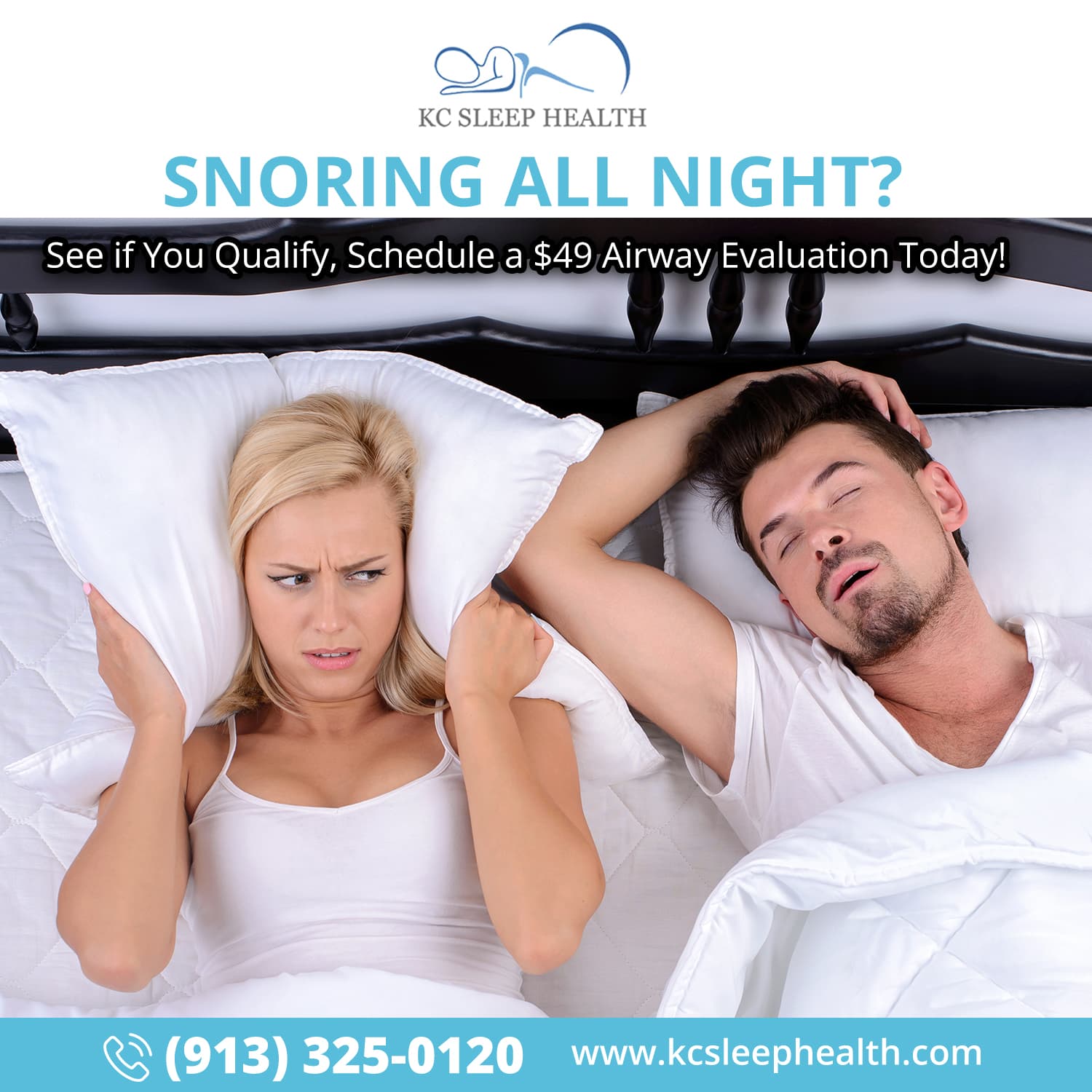 Diagnosis Of Sleep Apnea:
Diagnosis Of Sleep Apnea:
To diagnose sleep apnea, a sleep study is typically conducted. This study can be performed either at a sleep center or using portable monitoring devices in the comfort of your own home. These tests record various aspects of your sleep, such as breathing patterns, oxygen levels, and brain activity, providing valuable data for accurate diagnosis.
Treatment Options For Sleep Apnea:
The treatment options for sleep apnea depend on the severity of the condition. For very mild cases, lifestyle modifications may be recommended. These include weight loss, regular exercise, avoiding alcohol and sedatives before bed, and adjusting sleep position. These changes can help alleviate symptoms and improve sleep quality.
For mild to moderate sleep apnea, treatment options include:
A. Oral Appliances: Oral sleep apnea appliances, or mandibular advancement devices (MADs), are custom-fitted devices that help reposition the jaw and tongue, maintaining an open airway during sleep. They are a comfortable and effective alternative for individuals who cannot tolerate CPAP therapy(CPAP Intolerant) or have mild to moderate sleep apnea.
B. Continuous Positive Airway Pressure (CPAP): CPAP therapy involves wearing a mask over the nose or both the nose and mouth, delivering a continuous flow of air to keep the airway open during sleep. CPAP is highly effective in treating sleep apnea and improving sleep quality.
For severe sleep apnea treatment options include:
- CPAP is the most effective treatment for severe sleep apnea. It is a continuous positive airway pressure device that delivers pressurized air through a mask worn over the nose and mouth. CPAP can improve symptoms of sleep apnea, including daytime sleepiness, snoring, and mood problems.
- Combination therapy is a treatment that combines CPAP with an oral appliance. Oral appliances are devices that move the lower jaw forward, which helps to keep the airway open during sleep. Combination therapy can be an effective treatment for severe sleep apnea in people who are not able to tolerate CPAP alone.
- Surgery: In certain cases, surgery may be recommended to address specific anatomical abnormalities or remove excess tissue contributing to airway obstruction. Surgical options vary based on individual needs and should be discussed with a qualified healthcare professional.
Individuals may downplay their symptoms or hesitate to seek evaluation due to the belief that their snoring or sleep apnea is not severe. However, even minor symptoms can progress over time, leading to significant health risks. Seeking evaluation and exploring treatment options is essential for preserving overall well-being and improving quality of life.
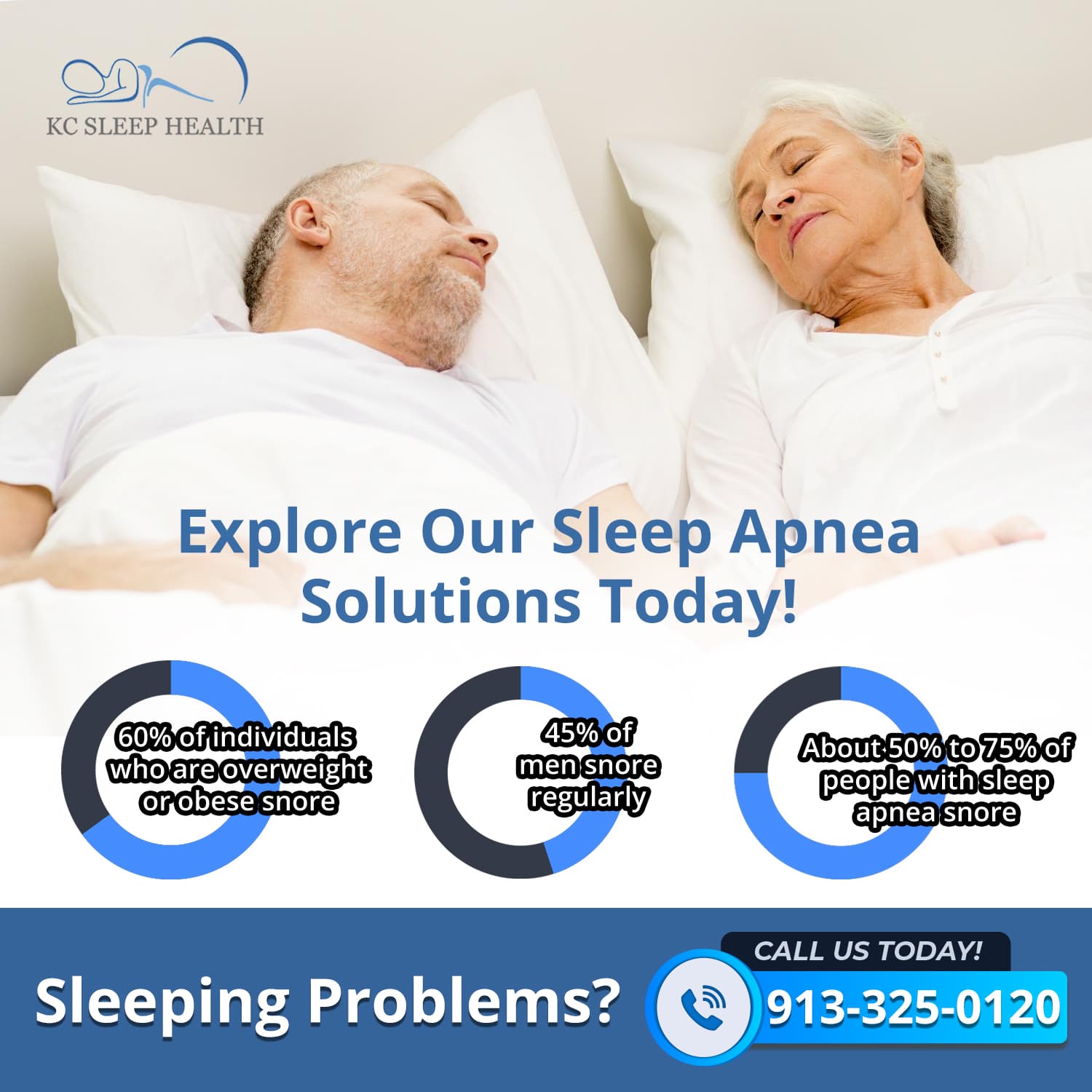 Conclusion:
Conclusion:
It is important to note that snoring alone does not necessarily indicate sleep apnea. However, snoring can be a significant symptom and precursor to sleep apnea, especially when combined with other factors such as excessive daytime sleepiness, witnessed breathing pauses, or gasping during sleep. If snoring is disruptive, persistent, or accompanied by other concerning symptoms, it is advisable to seek evaluation from a qualified healthcare professional specializing in sleep medicine. They can assess the underlying causes and determine the appropriate course of action for managing snoring and addressing any potential sleep-related disorders.
Sleep apnea is a serious sleep disorder that warrants attention and management. KC Sleep Health emphasizes the importance of seeking evaluation, regardless of symptom severity or snoring type.
Early detection and appropriate treatment options can significantly improve sleep quality, overall health, and long-term well-being. Take control of your sleep health today by scheduling an evaluation with a qualified healthcare professional specializing in sleep medicine.
Oral appliances can be used in combination with CPAP devices to lower air pressures and thereby make it more comfortable. By prioritizing sleep apnea management, you can pave the way for restful nights and improved health.
